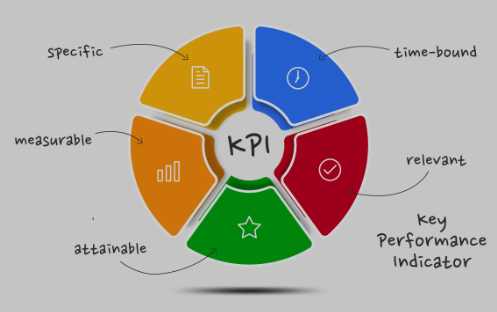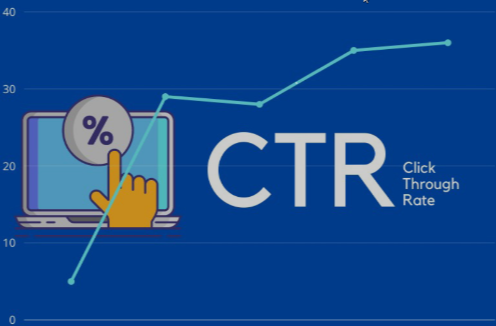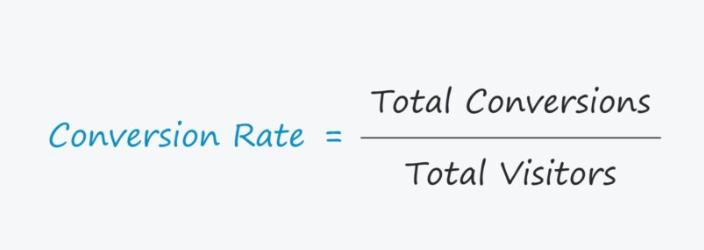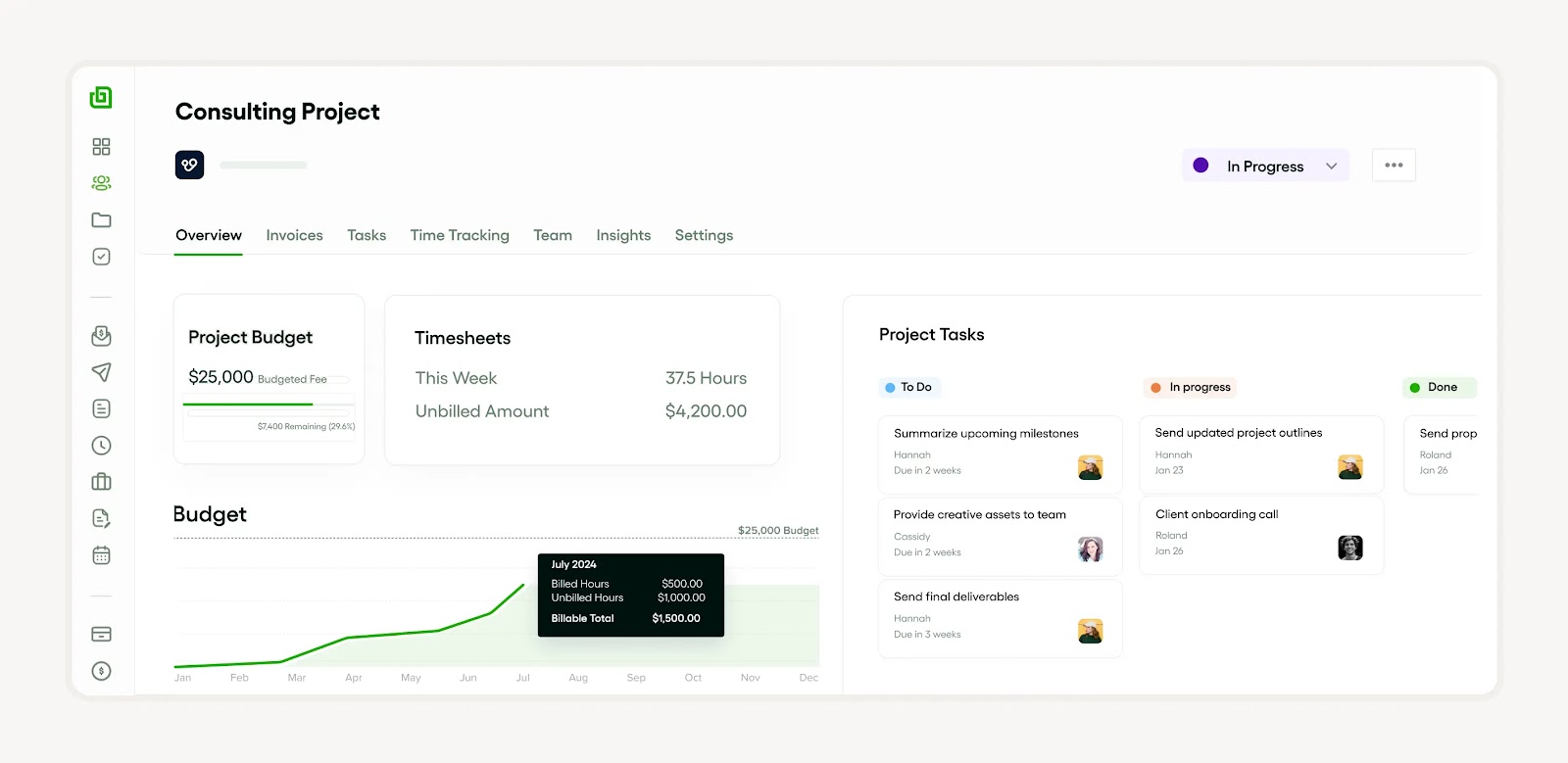Evaluation of paid search campaigns requires the use of KPIs to determine the success of the campaign. One of these KPIs is the click-through rate which is the ratio of users that clicked a certain link to the overall users that saw the advertisement. For instance, the cost-per-click (CPC), is the amount of money that is charged per each click that is made on your advertisement. Another is the conversion rate which shows the number of people who perform a certain action out of the total number of visitors. Lastly, the return on ad spend (ROAS), which gives the efficiency of the digital marketing campaign in the business, helps in determining the return on investment (ROI). When summed up, each of these key performance indicators gives the overall picture of the efficiency and performance of pay-per-click advertising.
Understanding the importance of KPIs in paid search campaigns
Understanding your agency's contract can directly impact your paid search KPIs, as success may depend on clear communication and defined roles. Therefore, knowing what your partnership entails can drive better results. Reviewing your contract thoroughly can also help avoid miscommunication or avoidable mistakes.
In digital marketing campaigns, KPIs are used to determine the success of a paid search campaign. Click-through rate, cost per click, and conversion rate provide information about the behavior and the likes of the target market. They enable you to monitor your ad relevance, that is the extent to which your adverts are relevant to the target audience, your ad rank, and even evaluate your returns on ad expenditure. Knowledge of these measurements can help your pay-per-click campaign strategies by informing you of the average position, cost per acquisition, and payback. Therefore, understanding how to use these metrics can go a long way in enhancing your ad impressions, quality score, and indeed your advertising.
Defining Key Performance Indicators (KPIs)
Key Performance Indicators (KPIs) are measurable values that help in evaluating the organizational objectives and targets in relation to business processes. Key Performance Indicators (KPIs) are important measures applied for the evaluation of the outcome and efficiency of digital advertising communications.

More particularly, for pay-per-click and paid search particular KPIs like click-through rate, cost-per-click, and conversion rate are significant in identifying the overall performance and ad spend ROI. Some of these KPIs are of help when determining the quality score, the rank of the ad as well as the ad relevance of the campaign. Other notable KPIs are average position, CPA, ROI, and number of ad impressions.
The role of KPIs in paid search campaigns
KPIs are very useful when it comes to assessing the performance of paid search advertising. They give information regarding factors such as click-through rate, cost per click, and conversion rate which are very crucial while evaluating the performance and profitability of the digital marketing initiatives.
Other metrics such as quality score, average position, and ad relevance are also informative in explaining an ad’s rank and how relevant the ad is to the target consumers. Finally, metrics such as CPA and ROAS help businesses understand whether pay-per-click campaigns are financially beneficial.
Using project management tools for paid search campaigns
To monitor the robustness of your paid search initiative, some critical KPIs are essential. These KPIs become even more meaningful when paired with effective website project management. It’s through the careful analysis of these metrics and tactical management that your campaigns can truly thrive.
Using Bonsai to manage paid search campaigns can significantly improve your efficiency and effectiveness. Bonsai provides a wide range of project management tools that are designed to streamline workflows, automate repetitive tasks, and enhance team collaboration.
By using Bonsai's features, you can guarantee that your paid search campaigns are well-organized, optimized, and executed seamlessly, resulting in improved performance and outcomes. Whether you are handling multiple campaigns or collaborating with a team, Bonsai offers the structure and tools necessary to keep everything on track.

Here are the steps for creating tasks with Bonsai for managing your paid search campaigns:
- Start by logging into your Bonsai account and navigating to the Tasks page.
- Click on the "New Task" button. A window will appear where you can input the details of your task.
- Assign the task to a specific project and team member. This ensures that everyone knows their responsibilities.
- Enter the task details, including the task name, description, and any relevant information about the paid search campaign.
- Configure the start date and due date for the task to ensure timely completion.
- If the task involves multiple steps, you can create subtasks by clicking on "Add Subtask." This helps in breaking down the task into manageable parts.
- Attach any relevant files, such as campaign briefs, keyword lists, or ad copies, to the task for easy reference.
- Prioritize the task as Urgent, High, Medium, or Low to help your team understand its importance.
- If the task depends on the completion of other tasks, set up dependencies under the "Blocked by" section.
- If the task needs to be repeated regularly, set up a schedule for how often it should occur.
- Use the status options to keep track of the task's progress, such as "In Progress," "Completed," or custom statuses.

By following these steps, you can effectively manage your paid search campaigns using Bonsai, ensuring that all tasks are organized, tracked, and completed efficiently.
Top KPIs to monitor in paid search campaigns
In understanding how CRM reports can optimize your paid search KPIs, it becomes crucial to implement advanced tracking strategies. This not only includes measuring conversions and click-through-rates, but also conducting in-depth analysis of customer behaviors and reactions to your ads. By thoroughly dissecting CRM data, campaigns can be fine-tuned for optimal audience reach and engagement.
We can see that the KPIs are instrumental in evaluating the effectiveness of paid search in the context of digital marketing. Some of the metrics that one should keep an eye on are CTR or how often people click on your ad after it has been displayed, CPC or how much you are likely to be charged per every click on your ad, and conversion rate, or the proportion of people who are likely to take the desired action.
Other benchmark measurements for pay-per-click campaigns include ROAS, which is a measure of the efficiency of a digital advertising campaign, and Quality Score, which is Google Ads’ assessment of the relevance of keywords and/or the textual content of your PPC advertisement to the users’ search queries, and average position, which tells you the position of your ads in the search results page.
Click-Through Rate (CTR)
Click-through rate or CTR is one of the most important metrics in digital marketing, specifically, in Paid Search and Pay-Per-Click marketing. It shows the number of clicks per the number of total users who saw the ad or the ad-impression rate.

CTR is beneficial in analyzing the rank of ads, relevance of ads, and quality score. It also plays a critical role in the determination of cost per click and the return on the advertisement spend. High CTR can indicate effective advertising strategies increasing the conversion rate and thus the rate of return of the investment.
Cost Per Click (CPC)
Cost Per Click (CPC) is a metric used in digital marketing, especially in paid marketing and pay-per-click marketing. It determines the total amount of money an advertiser spends on the ads with every click on them. This measure is crucial as it influences ROI and ad spending which in turn affect the organization’s goals.

When it comes to CPC there are other factors that are considered in your account which include the quality score, relevance of the ad, and the ad rank. A good CPC is directed by a good CTR serving for the conversion rate. Knowledge and effective manipulation of cost per click enables the advertisers to closely regulate their cost per acquisition, and therefore realize a high return on advertising investment (ROAS). Here are some of the key information about CPC:
- CPC measures ad click costs, affecting ROI and ad spending
- Optimization involves quality score, ad relevance, and ad rank
Quality Score
The Quality Score is one of the fundamental metrics used in digital marketing, especially in pay-per-click marketing. It shows how suitable and useful your ad is to the user, according to the click-through rate, ad relevance, and experience on the landing page.

A good Quality Score positively affects ad rank and average position. It assists in decreasing the cost per click hence enhancing the return on the ad spend as well as the return on investment. Thus, it has great relevance to paid search campaigns and should be promoted to increase the effectiveness of campaigns.
Conversion Rate
Conversion rate is another important metric that is used in digital marketing advertising models such as the Pay per Click, or PPC. It works to determine the proportion of users that perform a specific action on an organization’s website after clicking advertisements. The action may vary from a simple call to buy something to subscribing to a newsletter or completing a form.

It is important since it is directly proportional to the return on ad spend and the return on investment. Together with cost per click, average rank, and quality, this parameter is one of the most important to measure the efficiency and profitability of the advertising initiatives. If the conversion rate is high then the ad relevance and ad rank are good and satisfactory. The objective is to ensure the right mix between costs and acquisitions (cost per acquisition) and eventual conversions. Hence, if you have to target a lot of people through ad impressions, you should always be checking the results to improve the impression, therefore increasing the conversion rate. Some notable information about the rate of conversion:
- Conversion rate measures the percentage of users taking a desired action after clicking an ad
- It impacts return on ad spend (ROAS) and returns on investment (ROI)
Cost Per Acquisition (CPA)
Cost Per Acquisition or CPA is another essential metric in digital marketing that indicates the cost of the acquisition in the context of the overall marketing campaign’s ROI. It determines the expense that has been used to obtain new customers based on some particular marketing strategies that include paid search or pay-per-click. The formula for calculating CPA is the total cost of the campaign divided by the number of conversions. An optimal CPA is highly associated with factors such as click-through rate, relevance of the ad, and rank of the ad. Ideally, it is best to strive for a high-quality score and a positive ROI for the cost per click and conversion rate simultaneously. Thus, CPA is a significant reference point in the assessment of the effectiveness of any advertising campaign.
How to Set and Measure KPIs for Paid Search Campaigns
Many factors define paid search campaign success or failure, and one of them is the course of setting KPIs. The main performance measures include the click-through rate (CTR), cost per click (CPC), and conversion rate. These metrics will help to assess the efficiency of web-promoting campaigns, and cost-benefit analysis (CBA).

Measurement of these KPIs entails the assessment of the campaign data gathered to arrive at the findings. CTR stands for click-through rate, which is the percentage of the number of ad impressions to the number of clicks and offers information about the relevance of ads. CPC rates help define the average cost of the click and hence impact the budget and the ROI of the campaign. Conversion rate to determine if the pay-per-click campaigns are resulting in the intended actions like buying a product or subscribing which suggests a direct relationship with the return on investments made on the ads.
Setting realistic and achievable KPIs
One of the critical components of a digital marketing campaign is the establishment of proper and measurable goals, especially KPIs. This process entails how paid search is defined and managed, including the measurement of paid search, a campaign based on pay-per-click, and assessing the relevance of your ads. Factors to consider in your KPIs may include: Factors to consider in your KPIs may include:
- Conversion rate
- Click-through rate (CTR)
- Return on ad spend (ROAS)
These indicators should give you a clue about your ad rank, cost per acquisition, and by extension your return on investment (ROI). Real numbers will assist in making corrections to the campaigns to enhance the quality score and average position.
Using Google Analytics to measure KPIs
Google Analytics is a useful resource when it comes to evaluating the impact of the marketing strategies used online. Using this platform you can monitor the KPIs such as conversion rate, click-through rate, and return on ad spend. These metrics help you accurately measure the impact of your paid search or Pay-per-click advertising. Further, it is possible to track other parameters like cost per click, quality score, average position, and others. It is crucial to understand these measurements in order to increase the effectiveness of your plans and obtain the maximum ROI. Google Analytics is very functional and has integrative features that allow you to analyze and optimize your campaign to the maximum.
Utilizing Google Ads for KPI tracking
Google Ads is also very useful for monitoring KPIs in digital marketing strategies since it is a primary platform. It gives a detailed analysis of the factors like click-through rate, conversion rate, and cost per click. Such metrics help marketers review the effectiveness of their paid search advertising, pay-per-click advertising, and the amount of money they are making from the advertising. Others are Quality Score, Average Position, and Ad Rank which all play a role in establishing the relevance of the advert and its efficiency. Google Ads also gives the number of ad impressions and the cost per acquisition while giving essential data to help in managing the spending for the highest possible benefit.
Optimizing your paid search campaigns based on KPIs
For more effective paid search campaigns, pay attention to things like click-through rate, conversion rate, and return on ad spend. These metrics assist in determining the efficiency of your online marketing campaigns. The goals of most pay-per-click campaigns are to increase the quality score and the average rank/placement of the ad while decreasing the cost per click. Thus, the objective is to obtain the greatest possible profit by optimizing ad intelligibility, ad position, and the total number of ad exposures, to an ideal cost per acquisition.
Improving your CTR
If you want to enhance your click-through rate (CTR) on your online marketing, there are several ways that can help you get a higher CTR with some changes. Extend your ad's relevancy to the target audience to increase interaction, also measure your quality score to get the best ad position. Also, keep an eye on your ad rank to be as competitive as possible in your paid search activities.
Remember, these are very important factors that affect the CTR of your ad. Not only can a higher CTR decrease your cost per click but it can also increase your return on ad spend thus increasing the success of a campaign.
Reducing your CPC
Decreasing your CPC can help to improve your digital marketing strategies, but how much can it help? It has a positive impact on the KPIs such as conversion rate, return on advertising spend, and cost per acquisition. The average position and the ad rank should be improved by increasing the quality of your ads and their relevance. For lower CPC, you should enhance the paid search campaigns and pay-per-click campaigns. This could entail the fine-tuning of ad text, the target criteria, or even keywords. A lower CPC can enhance the ROI because it means more precise control of the ad exposure and a superior CTR. Here are some key points to consider:
- Improve quality score and ad relevance for better ad position and rank
- Optimize ad text, targeting parameters, and keywords
- Lower CPC improves ROI by enhancing control of ad impressions and increasing CTR
Enhancing your Quality Score
It is impossible to discuss the methods of optimizing your digital marketing campaign without mentioning the methods of increasing your Quality Score, especially in the context of your Pay-Per-Click or other paid search campaigns. It affects other parameters such as ad position rank, cost per click, and cost per conversion or the overall return on investment. The way to enhance your Quality Score is through the strategies of enhancing the click-through rate by making the ad more relevant, increasing the conversion rate through landing page optimization, and bidding optimistically to control the cost per acquisition. A higher Quality Score experience gives one a better impression of ads and a better return on ad spend. Spend time learning and improving these parameters to increase your average ranking in SERPs and, therefore, strengthen your campaigns’ results.
Increasing your conversion rate
A rise in conversion rate within your online marketing approaches can notably improve your return on investment. Metrics including your click-through rate and cost per acquisition are essential in figuring out the extent of conversion. Optimization of the paid search campaigns through the pay-per-click will greatly improve the conversion rate. It is necessary to monitor and increase the quality score and ad relevance so that the ad rank improves, resulting in a better average position and consequently resulting in higher ad impressions that would contribute to a high conversion rate.
Lowering your CPA
Lowering CPA is considered an important factor in increasing the ROI of your digital marketing campaigns. If the conversion rates and quality scores are good, then the CPA can be greatly reduced. Thus, some of the best practices include improving the relevance, which has a direct effect on the quality score and click-through rate. Such factors as Return on Ad Spend (ROAS), Ad Rank, and Average Position are also important KPIs. If you closely observe these KPIs in your paid search campaigns or pay-per-click campaigns, you can make modifications that will help you obtain a lower CPA.
Conclusion: The power of KPIs in paid search campaigns
Therefore, it can be stated that KPIs are crucial for assessing the effectiveness of paid search marketing. Thus, indicators such as click-through rate, cost per click, conversion rate, etc., can be useful for fine-tuning the digital marketing approach. Besides, metrics such as the return on ad spend, quality score, and average position enable organizations to determine the viability of pay-per-click advertising campaigns with regard to the relevance of the ads and the ad ranking.
These are useful indicators that help companies analyze their ROI, and CAP and make necessary adjustments to increase impressions on the advertisements. The strength of KPIs is therefore in enhancing the efficiency of marketing endeavours.







